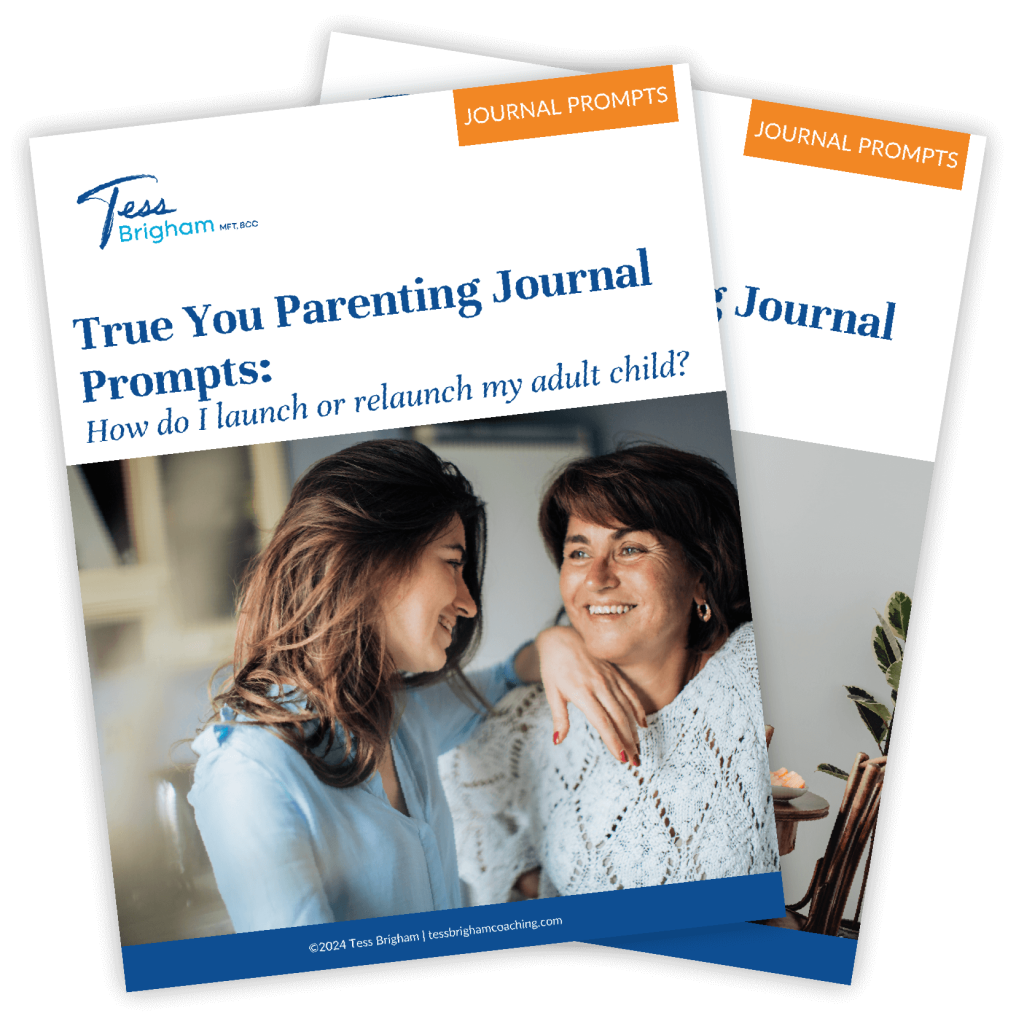Why Millennial and Gen Z Employees Are Changing the Way Companies are Looking at Mental Health
In today’s hectic and fast-paced work culture, burnout and depression are at an all-time high. While employees of all ages are affected, the stress is taking its greatest toll on Millennials and Gen Z.
In fact, according to the World Health Organization, 50% of millennials and 75% of Gen Zers claimed they left a job for mental health reasons.
Millennials have always led the way – and not by choice. It’s all the major changes that have taken place since they were born.
Millennials were the first generation to come of age during the time of the Internet and social media. For the first time in history, everyone had a platform that reached across the globe. So, as these young people started to develop their sense of self and create their unique life paths, the whole world was watching and judging their every move.
Whether intentional or not, Millennials are ground-breakers. There isn’t one generation that has received more negative press than Millennials. However, this doesn’t mean that older generations don’t have opinions about younger generations. The Greatest Generation was extremely vocal about Baby Boomers and Boomers have their own views about Generation Xers.
Millennials came first and now we have Generation Z entering the workforce. Both generations were struggling with mental health before COVID-19, and the chaos of 2020 has taken it to a new level. Millennials and Gen Z employees are changing the way companies look at mental health, not because they feel entitled to get help, but because they have no other choice but to ask for it.
Here are the five main reasons why Millennials and Gen Zers are struggling:
1. Social Media
Social media has created a world in which we share everything. For many people, it’s leading to unhealthy comparisons and damaging self-esteem.
In a recent study of Millennials in the UK, researchers found that social media breeds comparison even when the individual knows that this person is exaggerating.
Since most Millennials and Gen Zers are active social media users, they are bombarded with other’s successes and life highlights. Every time they log on Facebook, another friend is getting married and having children. On Instagram, they see pictures of happy couples on vacation. On LinkedIn, it’s constant reminders of people who are being promoted and excelling in their careers.
And it doesn’t end there. There’s an overpowering fear of judgement and anxiety that comes with social media engagement. After speaking to Millennials and Gen Zers, I’ve noticed a growing trend: the pressure to get enough likes and comments. If they don’t get at least a certain number, they feel embarrassed and it prevents some of them from posting at all.
While young people are happy for their friends and family, they still feel like they made a mistake somewhere along the way. This is because their lives look nothing like their social media feeds.
2. Information Overload
In our tech-driven world, most of us are plugged in during waking hours. The accessibility to content provides endless advice and choices – and that amount of information can be overwhelming.
Also, self-help is embedded in the media. You’re being reminded on a daily basis that you can do anything, be anything, and you can forge your own path. All of these experts and influencers make promises, saying all you need to do is follow these steps to achieve your dreams.
That’s a lot of white noise to take in every day, especially if you’re young and anxious about your life. All this does is create more confusion. Every time a client of mine makes a decision, there’s another opposing viewpoint online that makes them question it.
While there are advantages of having so much information at our fingertips, how much is too much? When does it trigger insecurities and create problems that wouldn’t otherwise exist? These are important questions we need to start asking ourselves.
3. No Real Connections in a Hyper-Connected World
Many Millennials and Gen Zers are connected 24/7, but they aren’t creating deep and meaningful connections, which are the types of connections they need.
Studies show that people who spend more than 20 minutes per day on Facebook report more depressive symptoms. While we scroll through Facebook to feel connected and to find friendship, researchers found that when we finally log off, we leave feeling like we’re “wasting our lives” and end up “feeling lonelier” than before.
Although isolation and disconnection were issues before the pandemic, COVID-19 has escalated the problem. Many young people are unmarried with no children. While it’s tough being at home with a toddler, it’s just as difficult to be home alone all day, unable to see friends or family.
4. Always “On” Expectations
My first job out of college I worked 9:30am to 5:30pm. When 5:30pm came, we shut everything down and left. My work day was over, and I wasn’t expected to do anything until the following day. Email wasn’t the main method of communication, so I didn’t have anything to “check” before bed. Also, I didn’t have a cell phone so my boss couldn’t call me if I wasn’t home.
This is a huge downside of being connected all the time. We’re expected to be available and plugged in all hours of the day. Whether your boss says it or not, there’s a pressure to check your emails outside of work hours. Every client tells me that they check their emails several times a day, on holidays and weekends. As a result, there isn’t any real downtime. There isn’t a chance to relax and shut your brain off without wondering who’s emailing you.
Even with family there’s an expectation to keep in touch. Many of my clients have parents who are very demanding and if they don’t text back in a certain amount of time, they’re bombarded with messages and calls.
Today young people are home all day and feel even more pressure. Since the only connection to their employers is through video, many Millennials and Gen Zers are struggling to find mentorship and understand their roles and work-from-home responsibilities.
5. Economic Issues
The average Millennial is financially “behind.” They are delaying life milestones – with a net worth of $8,000 and making $35,000 a year – which is 20% lower than the average baby boomer at the same age. To make matters worse, 45% of Millennials have student debt.
The New York Times cites, “in 1940, a child born into the average American household had a 92 percent chance of making more money than his or her parents.” This is in stark contrast to a child born in 1980 with only a 50% chance of earning more than his or her parents.
This harsh economic reality has caused many young people to delay “adulthood.” According to the 2016 U.S. Census Bureau Report, ⅓ of young people (24 million) between the ages of 18-34 are currently still living with their parents. More young people live with their parents than a spouse or partner.
These generations are lonely, confused, overwhelmed and aren’t making enough money to create their own “American dream.” They are looking to their organizations to help them manage their concerns and fears.
For all the reasons above, Millennials and Gen Zers are depressed.
This puts young people in a bind. They can’t afford therapy, but desperately need it. Since organizations are demanding more from their employees, Millennials and Gen Zers are looking at their organizations for the help they need in order to do their best work.
Millennials and Gen Z Don’t Have the Same Stigma When It Comes to Mental Health
The younger generations have been posting on social media for such a long time that they are used to putting it all out there. This has made them more open to talking about their problems and sharing their worries and fears.
Millennials and Gen Zers are more likely to have seen a therapist when they were children, which makes it easier for them to go to therapy when as adults. In fact, they are considered the therapy generation.
Millennials and Gen Zers are also more apt to seek therapy, not to sit and talk about themselves, but to find actionable ways to manage their anxiety and stress.
Unlike Baby Boomers who work to live, Millennials live to work. This generation is not solely motivated by money and status. Young people today want work to have meaning and impact and they’re not afraid to ask for help.
Young people who have had breakthroughs due to therapy are not afraid to let their friends and family know the results. Many of my clients will tell me about how open they are about going to therapy and what they learn about themselves through the process.
Also, Millennials and Gen Zers don’t want to be dependent on their therapists. They want to gain the tools and techniques they need in order to feel better. They see therapy as an actionable experience, a way to discover more about themselves and how they can improve their lives on a daily basis.
Companies have resisted making therapy available for fear of affecting employee productivity. But that’s far from the truth. If employers are demanding more from their younger employees, then it only makes sense for younger generations to ask for what they need in order to be successful.













0 Comments